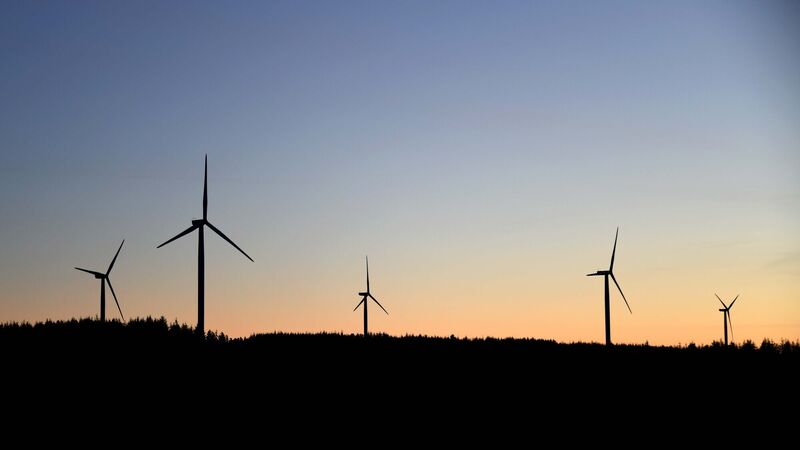'There’s just been nothing happening' - Ireland 'politically lazy' on renewable energy

Wind Energy Ireland's report for March showed wind energy provided 33% of Ireland’s electricity last month. File photo: Denis Minihane
Ireland has been "politically lazy" when it comes to the potential of renewable energy such as offshore wind to reinvigorate regional economies, with policy around it "in a vacuum since 2003".
That is according to one of the experts taking part in a Dublin City University discussion on the implications of the UN-backed Intergovernmental Panel on Climate Change (IPCC) report released this week. That report found a very narrow path to avoiding the worst implications of global warming in the future.
CLIMATE & SUSTAINABILITY HUB













